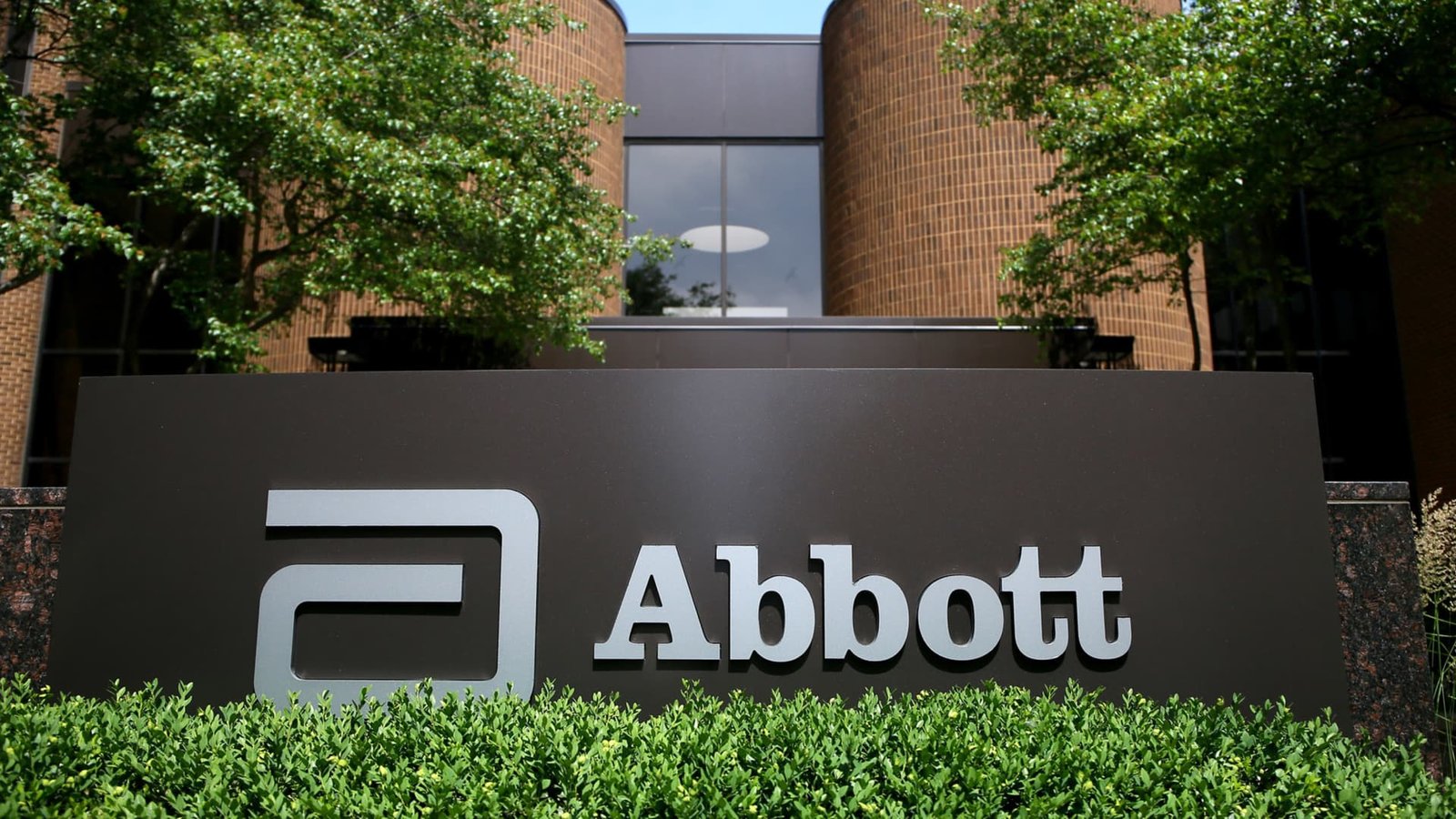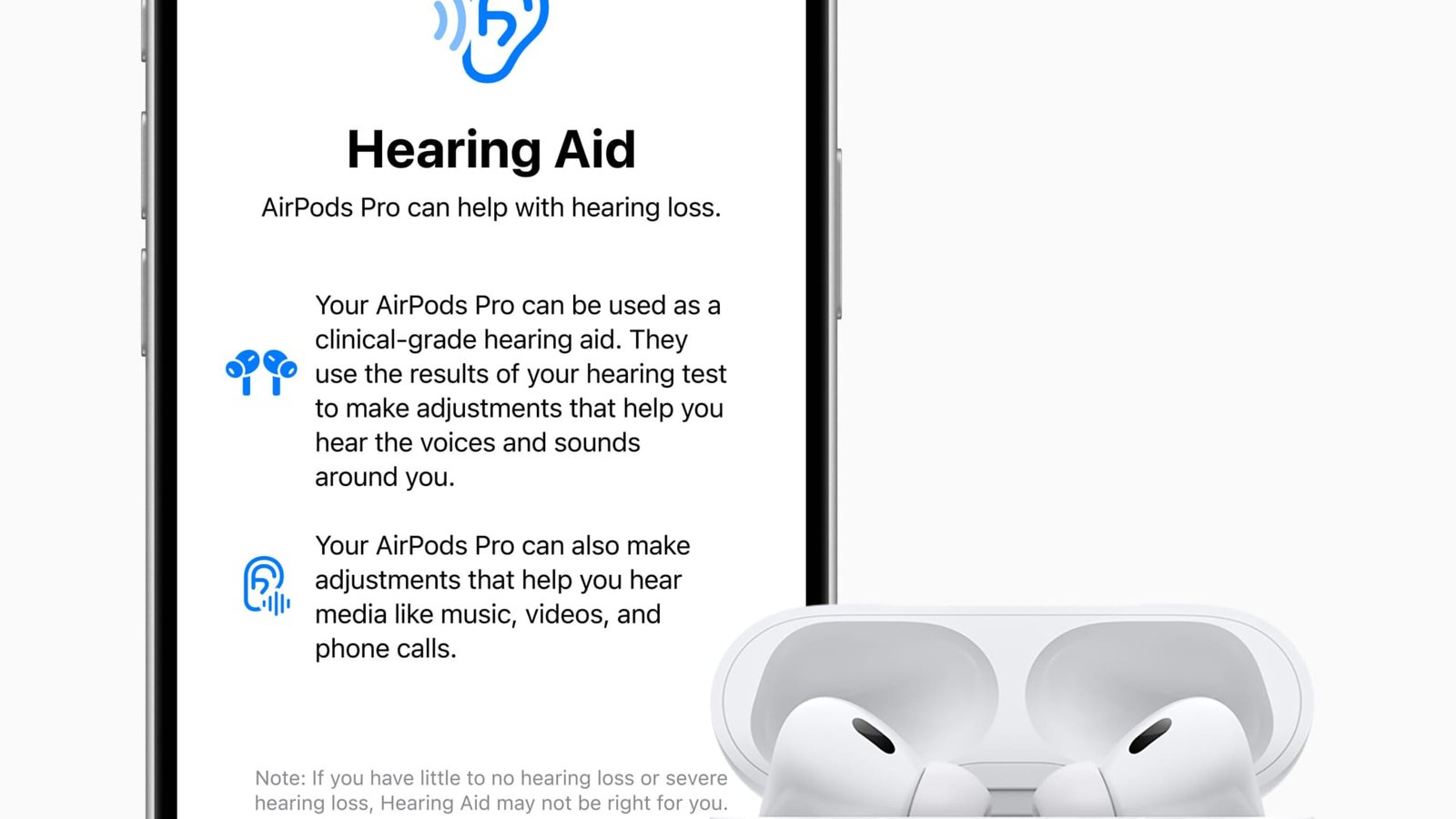In this article, a few years ago, Virta Health founder and CEO Sami Inkinen approached employers about using the company’s nutrition-oriented digital diabetes program for obesity-related weight loss, but most companies were hesitant to commit. Now, more employers are embracing nutritional counseling and coaching due to the increasing costs associated with diabetes and weight loss drugs like Novo Nordisk’s Ozempic and Wegovy, and Eli Lilly’s Mounjaro and Zepbound.
Inkinen stated that their goal is not to maximize GLP-1 prescriptions but to be the preferred telemedicine company for employers to responsibly utilize these drugs, help members discontinue them, and sustain weight loss through nutrition. A peer-reviewed study conducted by the company a year ago revealed that patients in Virta’s nutrition-counseling programs maintained weight loss even a year after stopping GLP-1s. Despite this, less than 10% of the company’s weight loss enrollees opt for these drugs, with most choosing nutrition counseling alone and still achieving an average weight loss of 13% over a year.
Virta experienced a record 60% revenue growth in 2024, surpassing $100 million, and is projected to achieve profitability in the latter half of this year. Employers are increasingly concerned about the rising costs of GLP-1 drugs, with 96% expressing worries about long-term cost implications. Consequently, more employers are turning to utilization management strategies such as nutrition counseling and coaching services.
Randa Deaton, vice president of purchaser engagement with Purchaser Business Group on Health, highlighted that while most employers desire weight-management medication options like GLP-1s for plan members, they also seek clinical appropriateness and accompanying medical and lifestyle modification support for long-term safety and efficacy. However, implementing such programs may lead to pricing challenges for GLP-1s in pharmacy benefits plans.
Virta Health’s competitor, Omada Health, is also witnessing high demand for its GLP-1 weight loss management program, particularly after collaborating with Cigna’s Evernorth pharmacy benefits division on EncircleRx. The market is shifting towards a more value-based approach due to concerns about the affordability of GLP-1 drugs. Both Virta and Omada are speculated to potentially go public this year, driven by the growth in GLP-1 programs.
Omada Health reportedly filed a confidential registration for an IPO with the Securities and Exchange Commission last summer, while Virta Health was valued at $2 billion after its last funding round in 2021. Inkinen, who co-founded Trulia before Virta, is currently focused on expanding the company rather than immediate IPO plans.




